The 2021 Humans to Mars Summit kicks off on Monday (Sept. 13), and you can watch it live online.
Category: space travel – Page 249
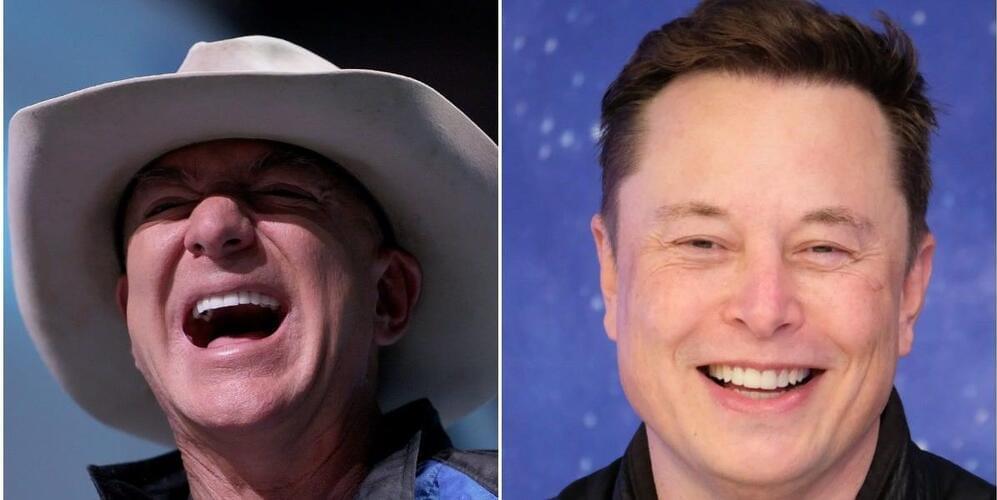
NASA awards SpaceX, Blue Origin, and 3 other companies $146 million in contracts to make moon lander designs
Going to hear the SpaceX fans complaining about this but it actually makes perfect sense. SpaceX is already “deep into development” of the vehicle they plan on using for a lander therefore they don’t get as much money as a group that hasn’t started on development yet. Keep in mind that NASA is well aware that SpaceX is already using their money to develop Starship and SuperHeavy so there is no real need to ‘double-down’ on taxpayer development funding to a company that is already spending that money on that development.
One need look no further than the “race” between SpaceX and Boeing over Commercial Crew. Dragon had been in development since 2004 (and funded by NASA since 2006 or cargo and 2010 for crew) while Boeing only started development of Starliner in 2010. SpaceX took 4 years longer than planned for the Cargo version, (2006 scheduled but didn’t fly till 2010) and a full decade after that using the same basic design to fly crewed (2020) Boeing’s Starliner, even if it doesn’t fly this year is still ahead of SpaceX’s development.
It should be rather telling that SpaceX got the lowest award of all the contracts. Starship has always been the ‘outlier’ of the lander designs.
Both Elon Musk’s SpaceX and Jeff Bezos’ Blue Origin will design moon landers that NASA can use to regularly send astronauts to the moon.

SpaceX is about to launch 4 inexperienced civilians into Earth’s orbit. Watch it live on Wednesday
The Inspiration4 crew members have never been to space. They’ve only trained for five months. Their spaceship has a new glass dome for the views.
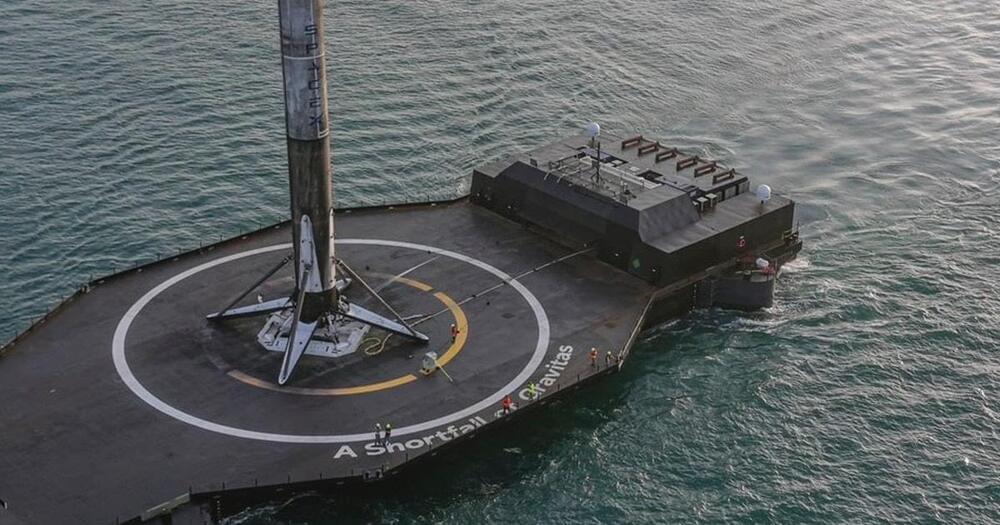
SpaceX: Elon Musk shares photo of drone ship that enables more missions
A Shortfall of Gravitas: SpaceX’s new drone ship detailed
The ship supported its first mission on August 29. This was the 23rd Commercial Resupply Services mission, the latest in a series of launches for NASA that sends cargo to the International Space Station.
A Shortfall of Gravitas is a notable upgrade over previous ships. SpaceX explained during the mission launch livestream that it improves over its predecessors with a fully autonomous operation procedure. That means it can travel to sea, find its position, receive the rocket, grab the rocket with the “octograbber” robot and return it to land — all autonomously.
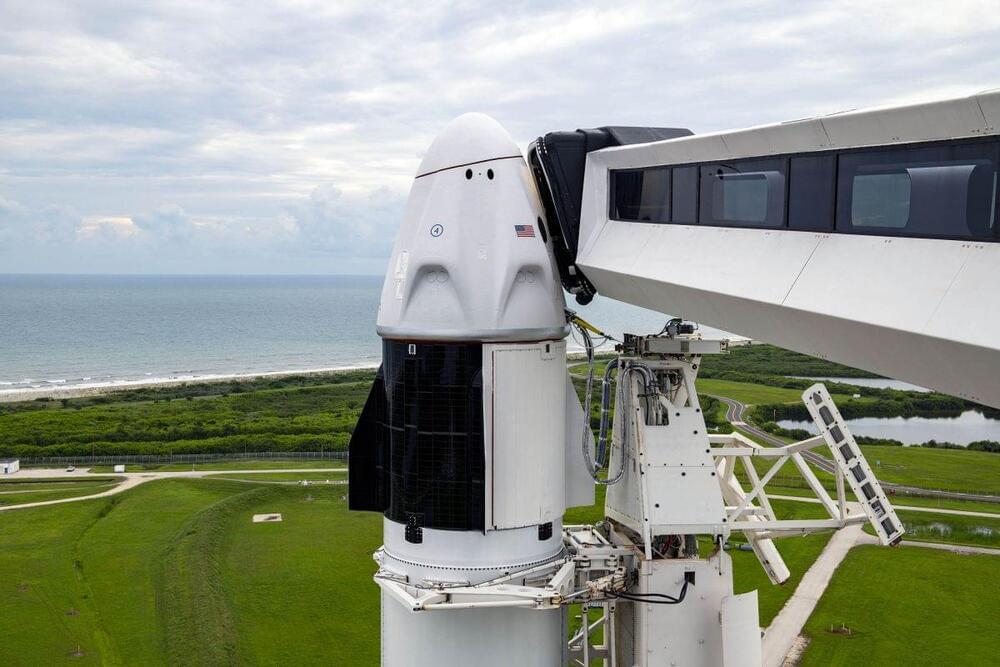
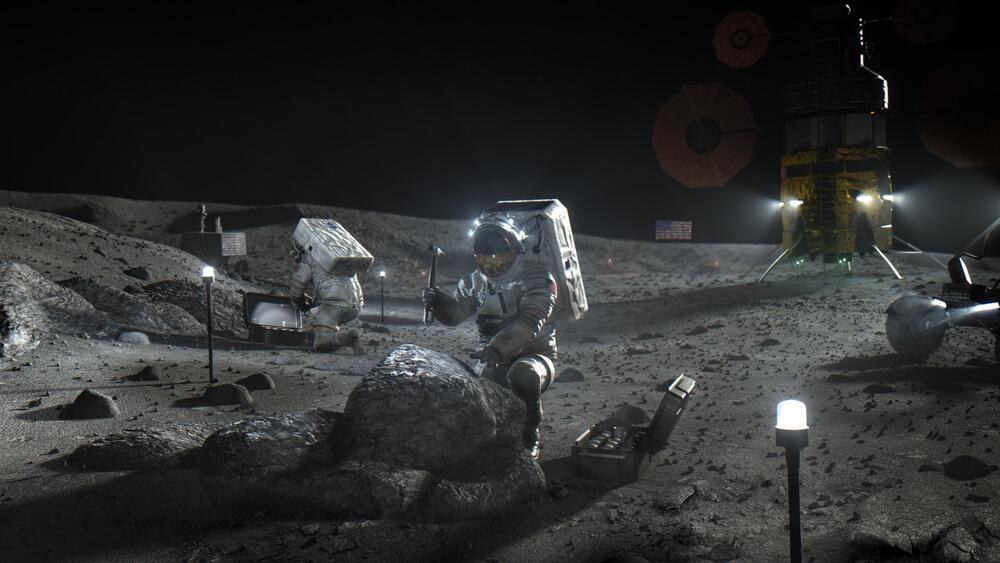
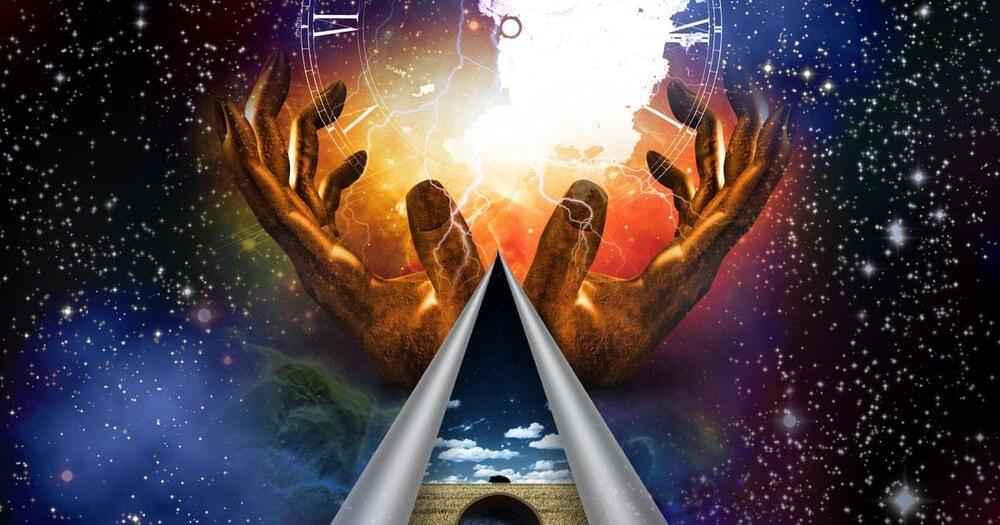
Does the universe end? An astronomer weighs in
Above the atmosphere is space. It’s called that because it has far fewer molecules, with lots of empty space between them.
Have you ever wondered what it would be like to travel to outer space — and then keep going? What would you find? Scientists like me are able to explain a lot of what you’d see. But there are some things we don’t know yet, like whether space just goes on forever.
Planets, stars, and galaxies.
The SpaceX Competitor is Printing Its Rockets
California-based startup Relativity Space is manufacturing rockets using giant Westworld-esque 3D printers, a process they say could drastically shorten the rocket-making process from years to weeks. Tim Ellis, the company’s 30-year-old CEO, explains how the high degree of automation in Relativity’s factory has enabled them to build rockets remotely during the Covid-19 pandemic.
#Coronavirus #Space #HelloWorld.
——-
Like this video? Subscribe to Bloomberg on YouTube: https://www.youtube.com/Bloomberg?sub_confirmation=1
Become a Quicktake Member for exclusive perks: https://www.youtube.com/bloomberg/join.
Bloomberg is the First Word in business news, delivering breaking news & analysis, up-to-the-minute market data, features, profiles and more: http://www.bloomberg.com.
Connect with us on… Twitter: https://twitter.com/business Facebook: https://www.facebook.com/bloombergbus… https://www.instagram.com/bloombergbu…
Twitter: https://twitter.com/business.
Facebook: https://www.facebook.com/bloombergbusiness.
Instagram: https://www.instagram.com/bloombergbusiness/
Look: NASA’s futuristic eVTOL helicopter is ready for flight tests
NASA and Joby’s eVTOL craft could be the weird plane/chopper fusion of the future.
The National Aeronautics and Space Administration is also America’s civilian aerospace research organization. In that role, it has been instrumental in developing new technologies ranging from rocket engines to aircraft control systems.
Part of that role is running the Advanced Air Mobility (AAM) campaign to test autonomous drone technology. The latest milestone in that campaign was testing an electric vertical takeoff and landing (eVTOL) helicopter intended for eventual use as an air taxi.
The testing, which runs through September 10 utilizes a yet-to-be-named eVTOL craft from a company called Joby, which has been developing the technology with NASA for over 10 years. The aircraft, which looks like a large version of a 6-rotor drone, will perform flight tests at Joby’s Electric Flight Base, near Big Sur in California.